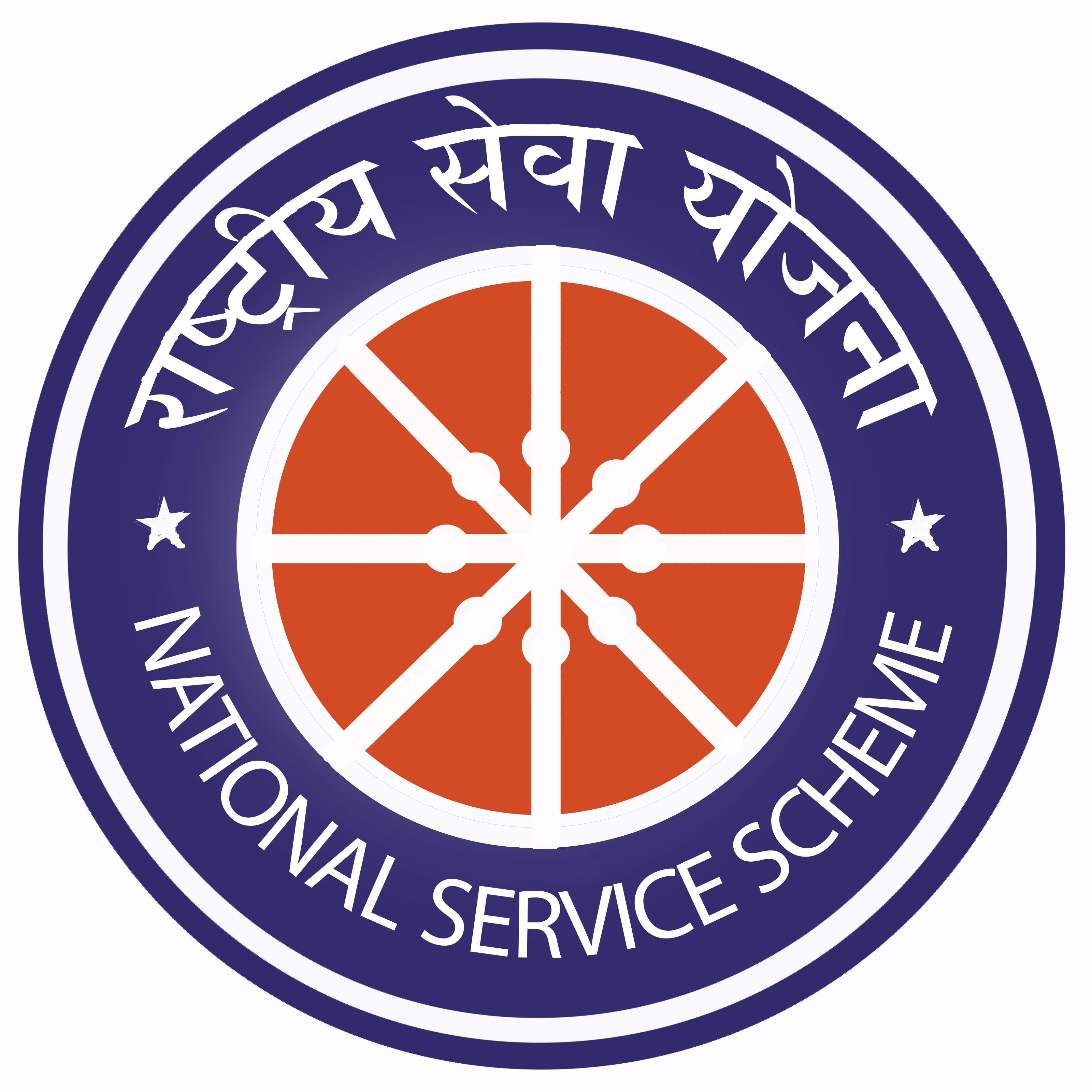NSS History
The National Service Scheme (NSS) is an Indian government-sponsored public service program conducted by the Department of Youth Affairs and Sports of the Government of India. Popularly known as NSS, the scheme was launched in Gandhiji’s Centenary year, 1969.
Aimed at developing student’s personality through community service, NSS is a voluntary association of young people in Colleges, Universities and at +2 level working for a campus-community linkage.
The cardinal principle of the NSS programme is that it is organised by the students themselves, and both students and teachers through their combined participation in community service, get a sense of involvement in the tasks of nation building.
After independence the University Grants Commission, headed by S. Radhakrishnan, recommended the introduction of voluntary national service in academic institutions.
In May 1969, a conference of student representatives (of universities and institutions of higher education) convened by the Ministry of Education and the University Grants Commission also unanimously agreed that a national-service scheme could be an instrument for national integration. The details were soon worked out and the Planning Commission sanctioned an outlay of Rs. five crores for the NSS during the Fourth Five-Year Plan, stipulating that the NSS be a pilot project in select institutions and universities. On 24 September 1969, then-Union Education Minister V.K.R.V. Rao launched the NSS at 37 universities in all states. The scheme has been extended to all states and universities in the country, and also +2-level institutes in many states.
Motto of NSS
“NOT ME, BUT YOU” This reflects the essence of democratic living and upholds the need for selfless service and appreciation of the other person’s point of view and also to show consideration for fellow human beings. It underlines that the welfare of an individual is ultimately dependent on the welfare of society on the whole.
Symbole of NSS

The symbol for the NSS has been based on the giant Rath Wheel of the world famous Konark Sun Temple (The Black Pagoda) situated in Orissa, India. The wheel portrays the cycle of creation, preservation and release and signifies the movement in life across time and space, the symbol thus stands for continuity as well as change and implies the continuous striving of NSS for social change. The eight bars in the wheel represent the 24 hours of a day. The red colour indicates that the volunteer is full of young blood that is lively, active, energetic and full of high spirit. The navy blue colour indicates the cosmos of which the NSS is tiny part, ready to contribute its share for the welfare of the mankind.
Aim of NSS
The programme aims to inculcate social welfare in students, and to provide service to society without bias. NSS volunteers work to ensure that everyone who is needy gets help to enhance their standard of living and lead a life of dignity. In doing so, volunteers learn from people in villages how to lead a good life despite a scarcity of resources. it also provides help in natural and man-made disasters by providing food, clothing and first aid to the disaster victims.
Objectives of NSS
- understand themselves in relation to their community;
- identify the needs and problems of the community and involve them in problem solving process;
- develop among themselves a sense of social and civic responsibility;
- utilize their knowledge in finding practical solution to individual and community problems;
- develop competence required for group living and sharing of responsibilities;
- gain skills in mobilizing community participation;
- acquire leadership qualities and democratic attitude;
- develop capacity to meet emergencies and natural disasters
- practice national integration and social harmon
Sports, Social and Cultural Activities are run at Gyanmanjari Innovative University
- Gallery Explore More
- 360 Virtual Tour